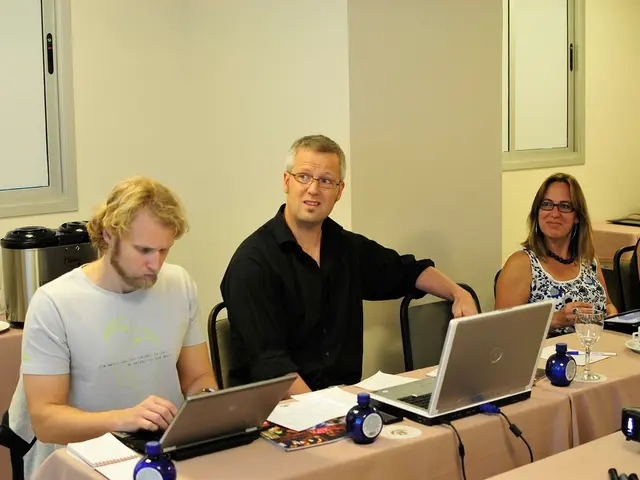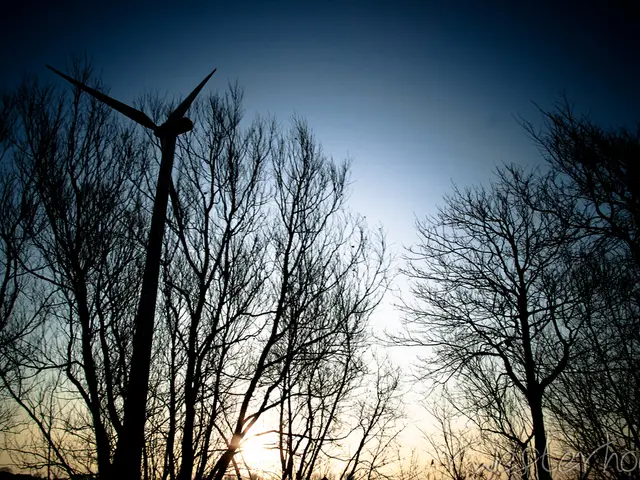Turkey's Democracy Under Threat: Crippling the Primary Opponent Political Party
In the heart of Turkey, political tensions are running high as the ruling party, the AKP (Justice and Development Party), is attempting to amend the constitution to allow President Recep Tayyip Erdoğan to run for presidency again. This move has sparked unease among some segments of the AKP, who fear popular backlash.
Erdoğan, modern Turkey's longest serving leader, is risking his legacy by overseeing the dismantling of the main opposition and Turkey's descent into illiberal democracy. The campaign against the main opposition, the Republican People's Party (CHP), has escalated in recent months, with court rulings and measures designed to make the CHP dysfunctional.
The CHP, however, has managed to survive these legal battles and broaden its base through political activism that resonates with large segments of the population. The latest mass rally in Ankara drew tens of thousands of supporters, demonstrating the party's enduring popularity.
The future of Turkey's democracy and its place in the world will be significantly influenced by how these current dynamics unfold. Over 80% of Turks express doubts about the impartial application of justice in the country, and the number of imprisoned CHP mayors has risen to fourteen, alongside more than 200 party and municipal officials.
The CHP's popular presidential candidate, Ekrem Imamoglu, has been under arrest since mid-March on charges of corruption and financial wrongdoing. The government's campaign against the CHP has also extended to the annulment of the CHP's Istanbul provincial congress, ousting elected officials and appointing trustees who are affiliated with the CHP but in opposition to the party's current leadership.
The government of Turkey is also reliant on coalition arrangements with smaller parties due to a prolonged period of economic hardship and persistent inflation. Despite this, President Erdoğan is assumed to be pursuing a legal pathway to re-election, despite constitutional term limits.
As the nation watches, many are calling for a return to Turkey's democratic traditions and rule of law practices. Faithfully honoring the will of the people should be the preferred option and the legacy to strive for, as this is what the Turkish people expect and deserve from their leadership. Rekindling these democratic traditions is essential for shaping a preferred future for Turkey.
Erdoğan's current reputation as an increasingly authoritarian leader stands in stark contrast with his earlier democratic reforms that led to the EU's decision to open membership negotiations with Turkey. It remains to be seen how these developments will shape the course of Turkish politics and the nation's future.
Read also:
- United States tariffs pose a threat to India, necessitating the recruitment of adept negotiators or strategists, similar to those who had influenced Trump's decisions.
- Weekly happenings in the German Federal Parliament (Bundestag)
- Southwest region's most popular posts, accompanied by an inquiry:
- Discussion between Putin and Trump in Alaska could potentially overshadow Ukraine's concerns








